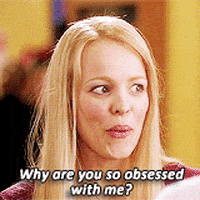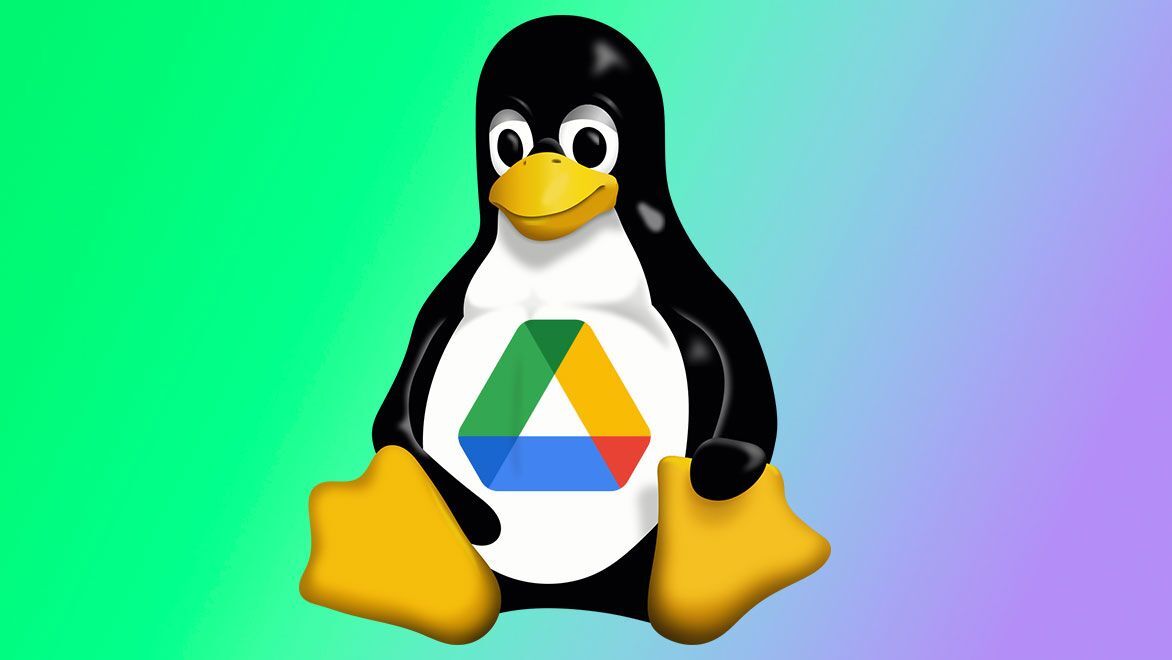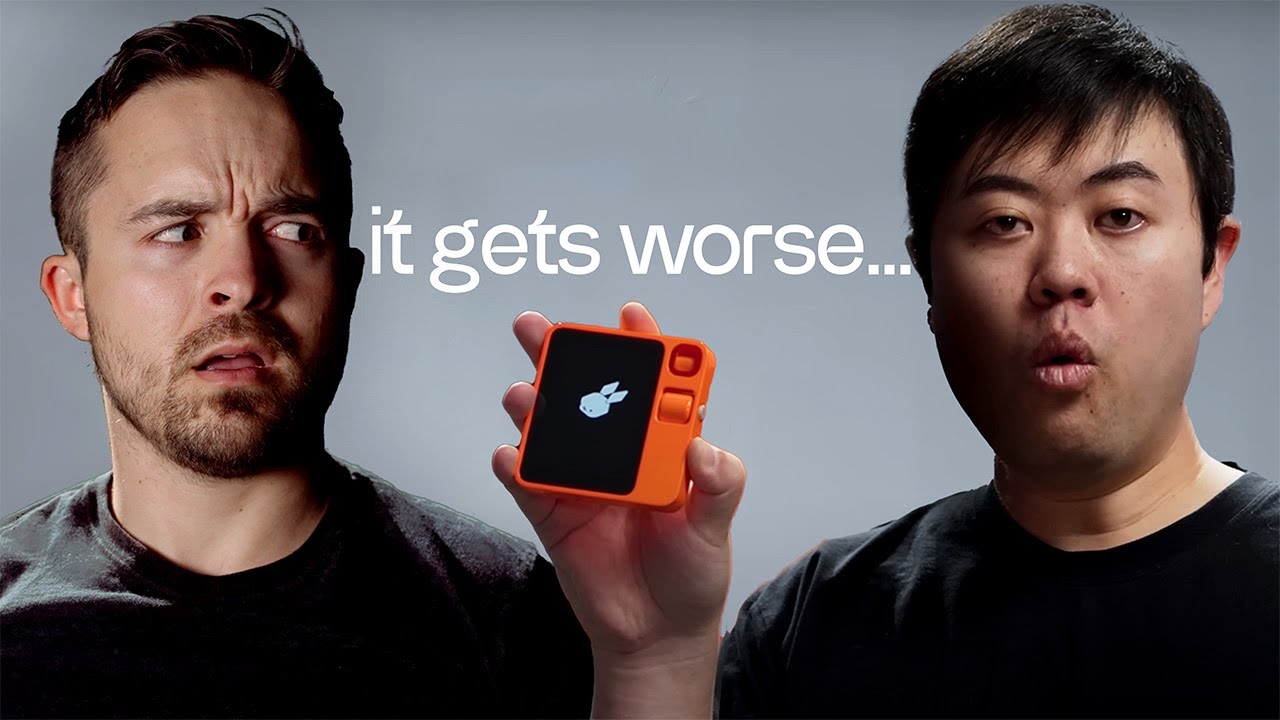- 19 Posts
- 37 Comments

 7·2 years ago
7·2 years agoNot sure what you mean by “train.” If you mean “test” then yes, they are in alpha and anyone can submit bugs. As other users have said, we have only their word that they intend to keep the source available. If you mean “track users to train ML models,” then no. The whole point is that the software is private. All of the processing - the gesture typing, the audio processing, the LLM, etc are all performed on-device. And the source is visible for all to see, so it offers similar protections to FOSS software in this regard.
The software doesn’t “phone home” - it can’t even check itself for updates. It just sends you a little message on a predetermined schedule to manually check. (or you can use a repo/software manager)
In theory and in practice, any Open Source project could be purchased by a for profit company who takes down the source code. However, any prior code would remain under the previous open license. Apparently one of the issues with this license is that it contains no durable license for the code itself. You can’t just fork it and make your own version, although you can use any of the code with certain noncommercial and attribution requirements.

 2·2 years ago
2·2 years agoThank you - I would love to read any resources that you have

 2·2 years ago
2·2 years agoOutside of software spaces the discussion around copyright seems so much more nuanced. Any creative commons license is generally considered “copyleft” regardless of the details, and some are far more restrictive than the FUTO license. Consider projects like Wikipedia which accept content licensed under GDFL, or CC-BY, or CC-BY-SA, Apache 2.0, or PD.
I am not a programmer, so maybe I am missing a huge piece of context, but what is the insistence in the free software community for what seems like total license purity? I even see software engineers arguing that “everyone” should use Apache or MIT and not the other, which is somehow bad for the FOSS community. What am I missing? Isn’t more free better than less free?

 2·2 years ago
2·2 years agoYou can adjust the height in the settings (edit: under themes). I use the swipe and seems to be as good as other open source keyboards (I previously used heli and AnySoft). It is still in alpha so hopefully they can refine it further.
BTW, heliboard is also pretty excellent.

 3·2 years ago
3·2 years agoI’ve been using it for about a month now on a pixel phone and it’s been excellent. Parts of it are still in alpha, but I have been lucky.
The forefathers were famed for their bake sales.
Ben Franklin used to make a bundt cake that was to die for

 10·2 years ago
10·2 years agoThe middle class part makes sense. You have to be someone who both owns their own property and also has significant leisure time.

 92·2 years ago
92·2 years agoAlthough Wikipedia is occasionally prone to group-think, and the editing process is truly Byzantine, it is also one of the most indispensable projects on the internet. this diatribe reads a little like:


 1·2 years ago
1·2 years agoSorry, but I believe that terror groups (such as the KKK, Proud Boys, GDL, ISIS/Daesh, NJP, Patriot Front) should not be allowed unlimited free reign to spread their message and recruit followers but that’s just me. I understand the argument for unlimited free speech on every platform, but I happen to disagree.

 6·2 years ago
6·2 years agoReadygoingFIFY

 43·2 years ago
43·2 years agoIt is specifically not that. It’s about people misusing the term “Zionists” to refer to Jews, which is also a thing that happens.
The complete statement is here if you want to see it. The posted article does a pretty poor job explaining it.

 1·2 years ago
1·2 years agoYes, let’s hope so!

 43·2 years ago
43·2 years agoWho said anything about banning it? You can read the full statement here. As I said, this is about bigots co-opting the word to say bigoted shit, taking into account the nuance of how a word can be used or misused. Literally no one other than propagandists are talking about Meta “banning” the word.
We do not allow content that attacks people on the basis of protected characteristics such as nationality, race, or religion, among others. We do allow people to criticize adherents of political affiliations and ideologies.

 38·2 years ago
38·2 years agoThat is exactly it. Antisemites figured out a while back that they could say whatever they want about Jews as long as they swap out the word Zionist. This has been a feature of white supremacy for ages. It used to be “people with big noses” or “people who wear hats” or even “bankers,” or “globalists.” The latter two are more similar to the use of “Zionist” because they represent actual groups that people criticize. That gives more cover to the actual antisemites.
This is actually a good thing, because it removes that cover from bigots who want to hijack the movement and hide behind it.

 2·2 years ago
2·2 years agoThanks that’s actually a pretty helpful metaphor

 42·2 years ago
42·2 years agoWords have roots and meanings, and historical context. The term antisemitism (or Anti-Semitism) does and has always referred exclusively to hatred and persecution toward Jews. Swearing and stomping your feet about it will not change that.
I’ve already provided a link to the definition. You are welcome to consult Wikipedia, Oxford, Cambridge, or any other credible dictionary of the English language and you will find the same. It’s under “A”

 13·2 years ago
13·2 years agoAntisemitism refers specifically to hatred and persecution of Jews.
 22·2 years ago
22·2 years agoWhat is this mysterious symbol? What did it mean? Why did it suddenly arise across civilizations in the late 1900s, then just as mysteriously vanish? Find out on: Lost Mysteries of The Schoolyard on the History Channel.












Thanks, I appreciate it. I’ll check it out.